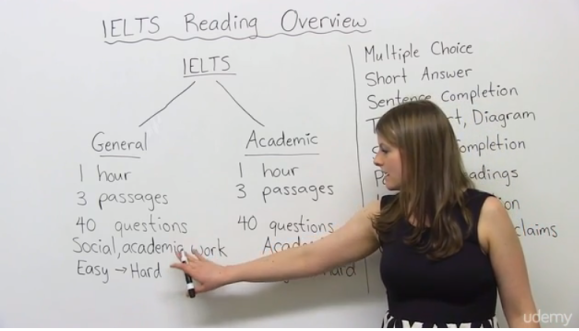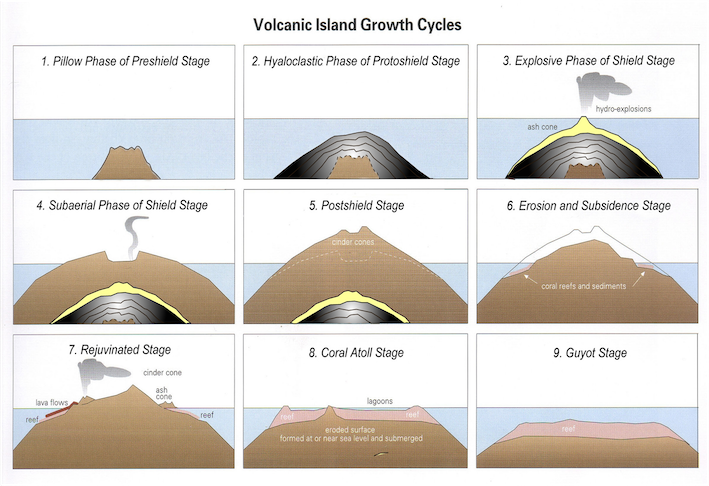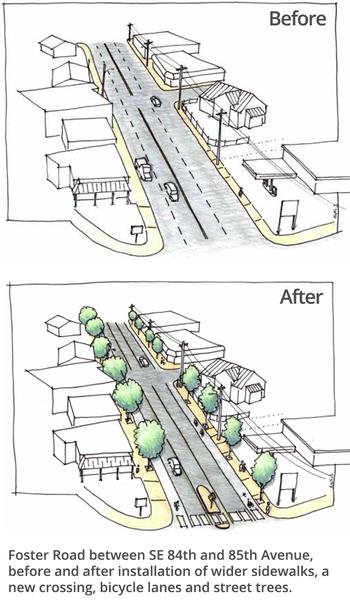Everyday I get the same message from people all over the world: “Teach me about IELTS!”
“What do you want to know?” I reply.
“Everything!” comes the answer.
Some people have a desperate need to pass IELTS, but they don’t quite know where to begin. That’s why I decided to write this post on what to do if you’re a complete IELTS beginner. First, I’m going to point you to some useful articles on this website that you should read first. Then I’m going to explain why you should take a complete IELTS course for beginners and tell you what I consider to be the best course for your money. Finally, I’ll give you some hints for further practice.
Must-reads for IELTS beginners
IELTS consists of four sections: Listening, Reading, Writing, and Speaking. See my four posts below for an introduction to each section and a list of some of the key skills required.
IELTS Listening: Introduction
IELTS Reading: Introduction
IELTS Writing: Introduction
IELTS Speaking: Introduction
Then come back here and we’ll proceed to the next stage.
Choosing an IELTS beginner course
You can pick up a lot of helpful information by reading about IELTS on sites like this one. But for most people, the easiest way to learn is by following a teacher.
Here you have two options. One is to search for beginner-level IELTS courses at language schools in your city. The second is to enroll in an online IELTS course. The online option is usually cheaper and gives you a wider choice of teachers. I have a great recommendation for you in Part 3 below.
In both cases, make sure the course is both comprehensive and suitable for beginners. What are the advantages of taking a comprehensive beginner-level course?
Advantage #1: You don’t miss anything. A good IELTS beginner course includes all the question types plus the most important strategies, so it gives you an excellent foundational knowledge of the test.
Advantage #2: You understand things more easily. If you’re new to IELTS, it can be very confusing when people say you have to practice skimming or scanning, or identify a paraphrase or thesis statement. You can waste a lot of time just trying to find out exactly what these words mean! A good IELTS beginner course assumes no prior knowledge of the test and explains everything in simple terms.
Advantage #3: You get equal coverage of all four sections of the test. Sometimes it’s hard to judge your own ability. You might think you need to practice speaking, for example, when it’s your reading skills that are the real problem. A good IELTS beginner course gives equal attention to all four sections regardless of what you, the learner, think is most important!
Is there a recommended IELTS course for beginners?
In my opinion, the best IELTS beginner course online right now is IELTS Preparation for Beginners on Udemy. It was created by two IELTS teachers, Adam and Emma, who take turns walking you through the four sections of the test using simple language.
The course consists of 20 short lectures which take around five hours in total to complete. You could watch the whole course in half a day or—and this is my recommendation—break it up into four lessons over four days so that you have time to digest what you’ve learned. The entire course costs around the same as a standard textbook so it’s well worth giving it a try.
View the course contents and watch a free preview of IELTS Preparation for Beginners.
Congratulations, you’ve passed the IELTS beginner stage!
Now that you’ve read the articles and completed the course above, you’re no longer an IELTS beginner. Nice work! At this point, you might consider taking a full practice test to identify your strengths and weaknesses. Then you can start to specialise in one or more of the sections to give yourself that all-important extra practice.
To practice IELTS listening or IELTS reading, the best thing to do is purchase the past test papers published by Cambridge ESOL, or a good IELTS textbook. See my list of recommended textbooks for self-study here.
To practice IELTS writing or IELTS speaking with me, see my online IELTS practice tests here. As part of each test, I will tell you your score and give you feedback and coaching on how to improve.




 ‘Discuss both views’ is a common type of IELTS essay question in which the examiner will pay particular attention to paragraphing. Make your essay structure very clear by writing two body paragraphs that each discuss a different view. Try to make these two paragraphs similar in length—three sentences is enough—and save your own opinion for the conclusion. You can score highly on a ‘discuss both views’ question by following these simple rules.
‘Discuss both views’ is a common type of IELTS essay question in which the examiner will pay particular attention to paragraphing. Make your essay structure very clear by writing two body paragraphs that each discuss a different view. Try to make these two paragraphs similar in length—three sentences is enough—and save your own opinion for the conclusion. You can score highly on a ‘discuss both views’ question by following these simple rules.





